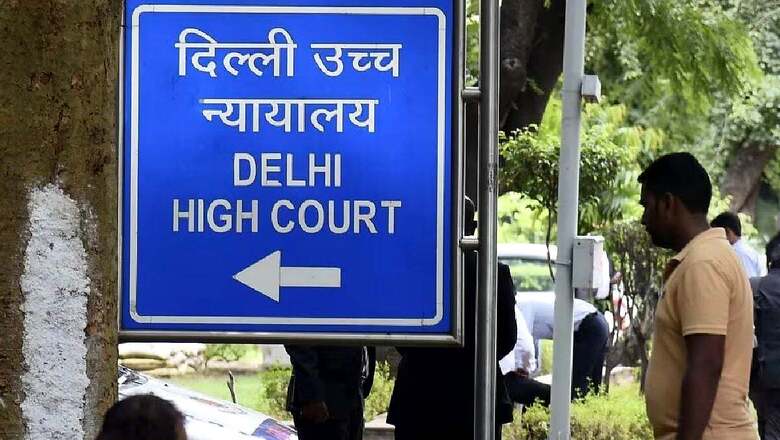
views
Upholding the trial court’s order convicting and sentencing a school bus driver to five years in prison for sexually assaulting two 10-year-old girls in 2014, the Delhi High Court has said that the term “hostile witness” does not merely mean that a “witness is unreliable”.
“The declaration that a witness is hostile merely means that the witness is adverse or unfriendly and not that the witness is unreliable,” observed Justice Jasmeet Singh.
Relying on the apex court’s judgement in Sat Paul v. Delhi Admn (1976), the single-judge HC bench stated that a party is not required to declare their own witness as “hostile” or “adverse” in order to obtain permission to cross-examine them, holding that the Indian Evidence Act leaves the matter entirely to the discretion of the court.
The HC was hearing two appeals filed by Dev Nath Yadav challenging the February 27, 2020, order of the Additional Sessions Judge (ASJ) Karkardooma Court, convicting him of aggravated sexual assault (Section 9 and10) under the Protection of Children from Sexual Offences (POCSO) Act and sexual harassment (Section 354A) of the Indian Penal Code (IPC), and the March 6, 2020, sentencing order punishing him to five years of rigorous imprisonment under POCSO and one year under IPC.
“The Sessions Court has correctly observed that the victims, being only about 10 years of age at the time of the incident, would have no grudge against the appellant so as to falsely implicate him in this case. It has also been correctly observed that the victims were very young at the time of the incident and keeping in view their tender age, minor contradictions cannot be a ground for disbelief or discredit their testimonies. The Sessions Court has also correctly noted that the testimonies of the victims and their parents are consistent with regard to the wrongful acts done by the appellant,” Justice Singh observed in the 16-page order.
The prosecution’s case is that the two girls were sexually assaulted by the bus driver (appellant) on several occasions as they were being dropped off at their homes after school, and pursuant to that, their parents reported the incident to the police.
On the contrary, the driver (appellant) alleged that there were contradictions in the statements given by the two girls as to the date and narration of the incident which casts a “shadow of doubt”.
Upon perusal of the testimonies of the two girls, the court stated that they clearly describe the acts of aggravated sexual assault committed by the appellant on the minor child victims. The description of the incident has been identically described by both the victims and, hence, the contention that the contradictions shake the version of the prosecution and make it unreliable cannot be accepted.
“The contradictions in the version of the 164 statement of both the victims are of a minor character and do not make their testimonies unreliable,” the court added.
The court stated that the nature and gravity of the accusation are very serious in nature as the appellant is accused of offences under sections 9 (Aggravated sexual assault) and 10 (Punishment for aggravated sexual assault) of the POCSO Act coupled with section 354A (Sexual harassment and punishment for sexual harassment) IPC. “In the present case, the appellant has not been able to shake the version of the prosecution and the prosecution has successfully proved its case beyond a reasonable doubt,” it said.
Upholding the trial court’s order, the judge held, “Hence, I find no fault or irregularity in the common judgment dated 27.02.2020 and common order on sentence dated 06.03.2020 passed by the ASJ-1 (North East), Karkardooma Courts, Delhi”. Accordingly, the court dismissed the appeals.
Read all the Latest India News here












Comments
0 comment